How It Helps
Plant sterols and stanols, also known as phytosterols, are naturally occurring compounds found in small amounts in plant-based foods such as vegetable oils, grains, seeds, nuts, legumes, and fruits and vegetables. Studies have found that plant sterol and sterol esters effectively reduce total cholesterol and LDL cholesterol by approximately 10 to 15 percent.† Molecularly, these phytosterols compete with cholesterol for absorption, lowering cholesterol absorption in the digestive system, and play a key role in supporting healthy cholesterol levels.
Overall Cardiovascular Health
The Food and Drug Administration states, “products containing at least 0.65 gram per serving of plant sterol esters, taken twice daily with meals for a daily total intake of at least 1.3 grams, as part of a diet low in saturated fat and cholesterol, may reduce the risk of heart disease.”
In a process in the small intestine, phytosterols displace cholesterol from food and reduce cholesterol absorption, resulting in a beneficial effect on blood cholesterol levels. In addition, the minimal amount of phytosterols that are absorbed into the body, once taken up by the liver, are rapidly secreted into bile by hepatic transporters at a high rate, enhancing cholesterol excretion. These mechanisms allow plant sterols to provide multi-spectrum support for cardiovascular health and cholesterol management.
Helps Maintain Healthy Cholesterol Levels
Several clinical studies have evaluated sterols or stanols (usually as margarine or spread) to statin medications, and most have resulted in an additional lowering of LDL cholesterol by another 7- 10 percent. This research suggests plant sterols or stanols may benefit those who can’t tolerate higher statin doses but need further LDL reductions.
A meta-analysis encompassing 306 adults and eight studies found taking plant sterols, plant stanols, or a combination of plant sterols and stanols in concert with a statin medication lowered total cholesterol by an average of 14.01 mg/dL and LDL cholesterol 13.26 mg/dL. The studies did not find any changes in HDL cholesterol or triglycerides.
When considering plant sterols or plant stanols, the overall body of research indicates plant sterols are better absorbed than plant stanols. Interestingly, a meta-analysis of 14 studies (and 531 people) showed no statistically or clinically significant difference between plant sterols and plant stanols in their ability to lower total cholesterol.
![]()

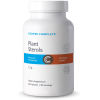
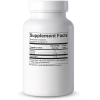
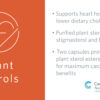
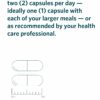

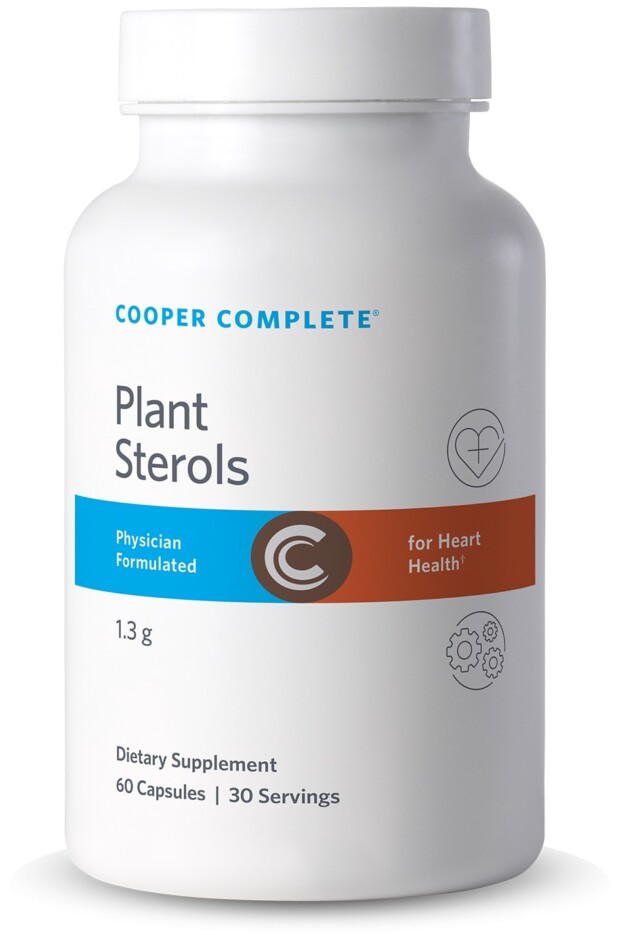






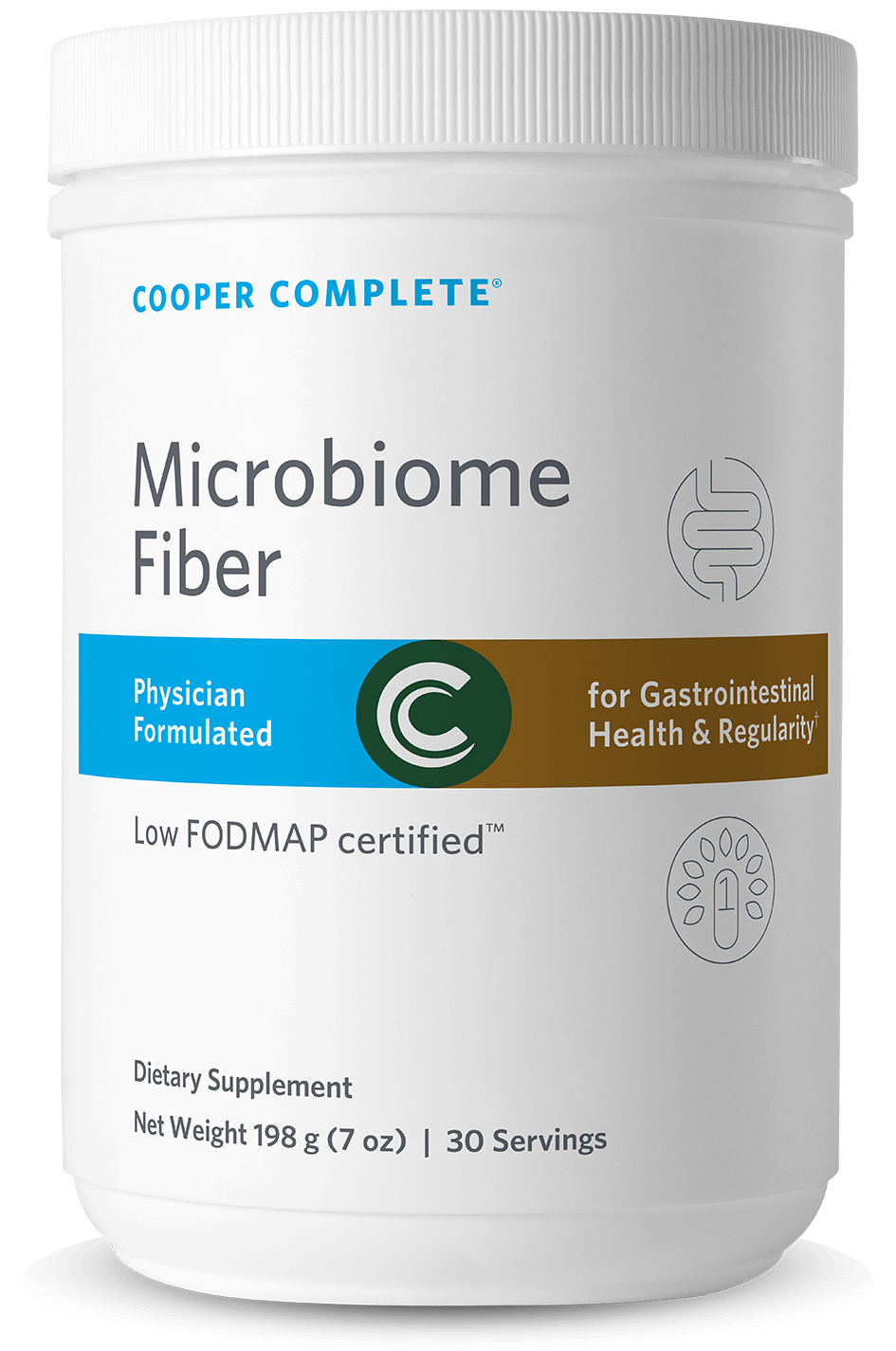
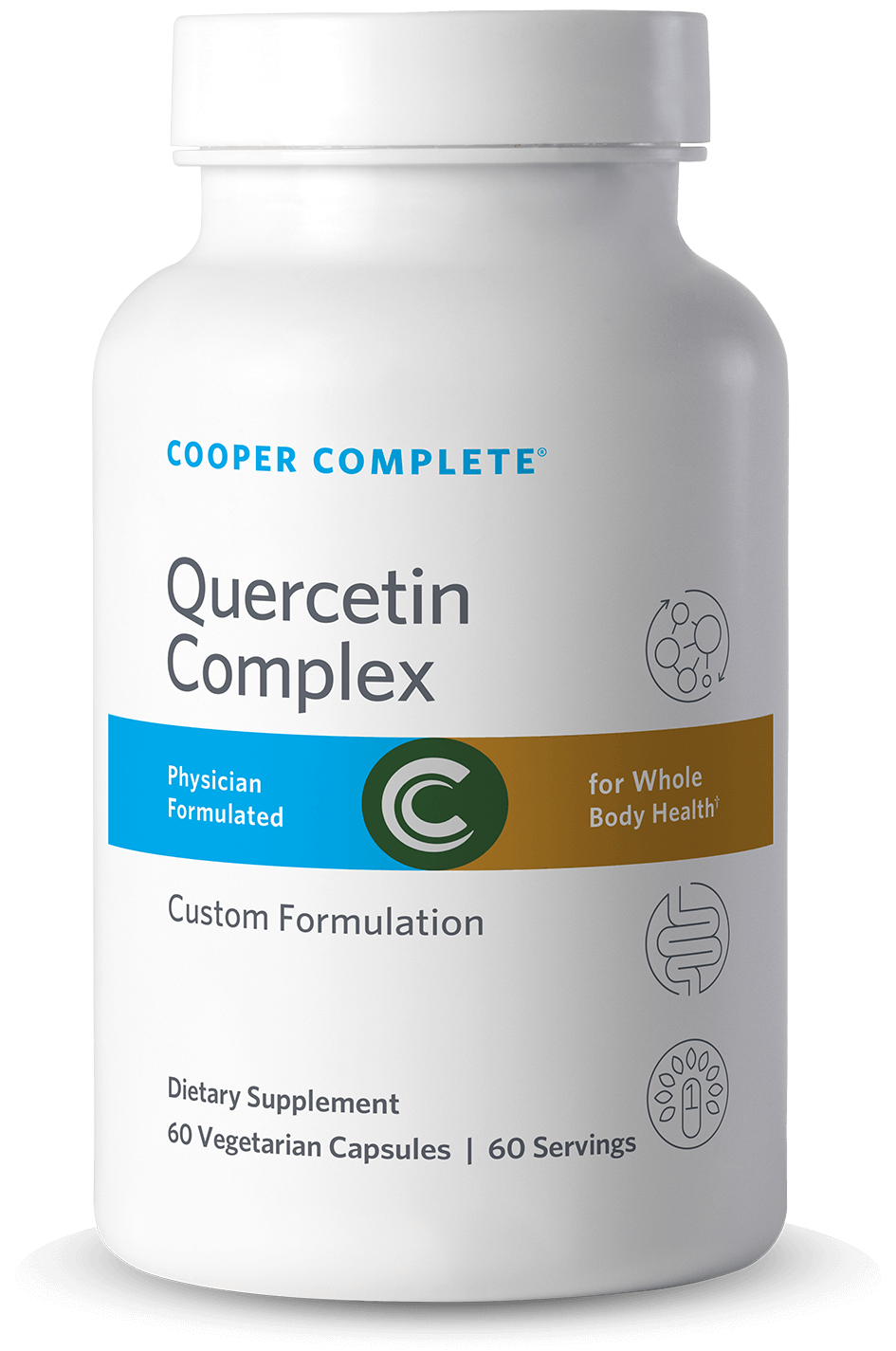
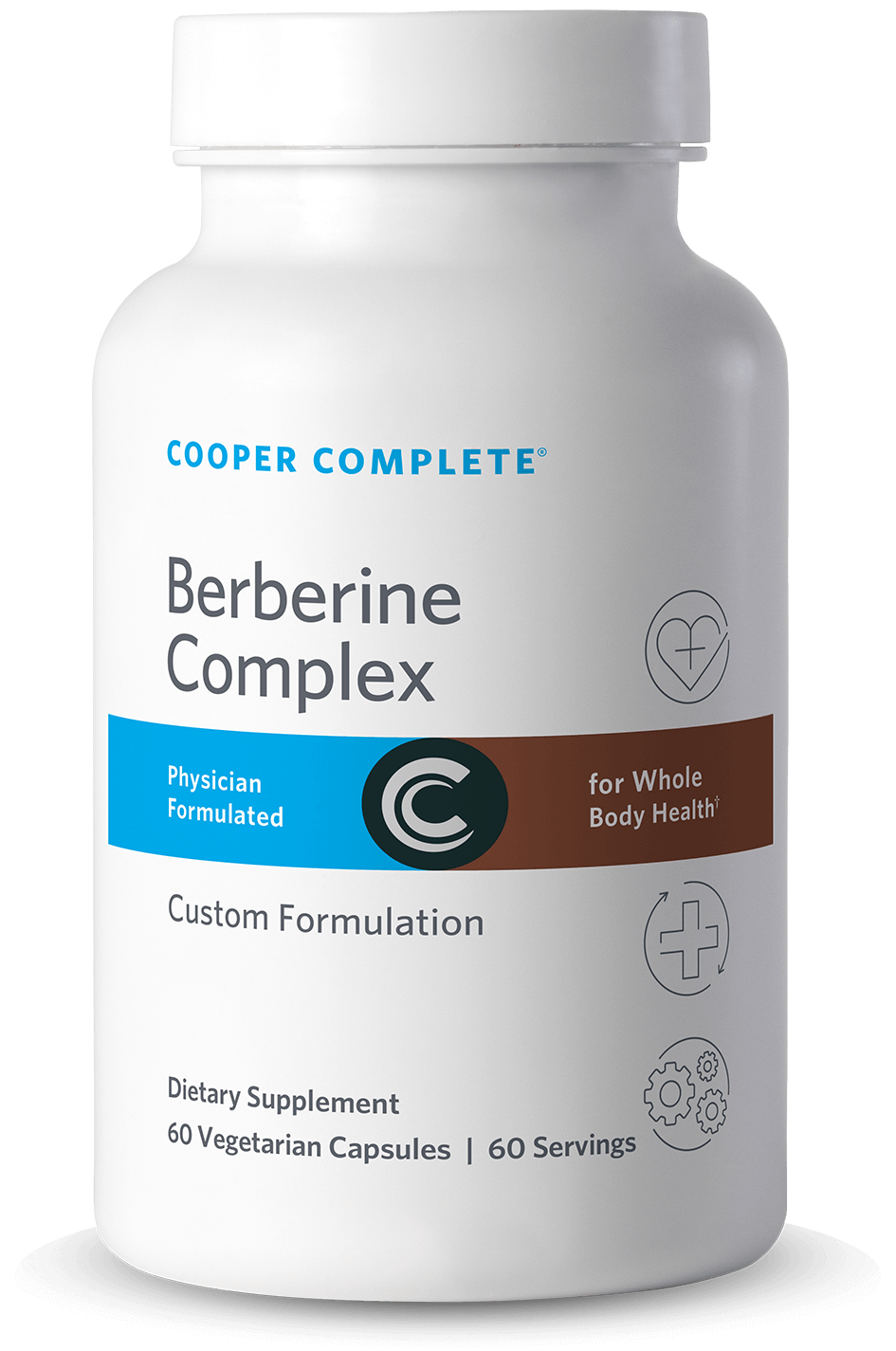
0 out of 5 stars
There are no reviews yet.